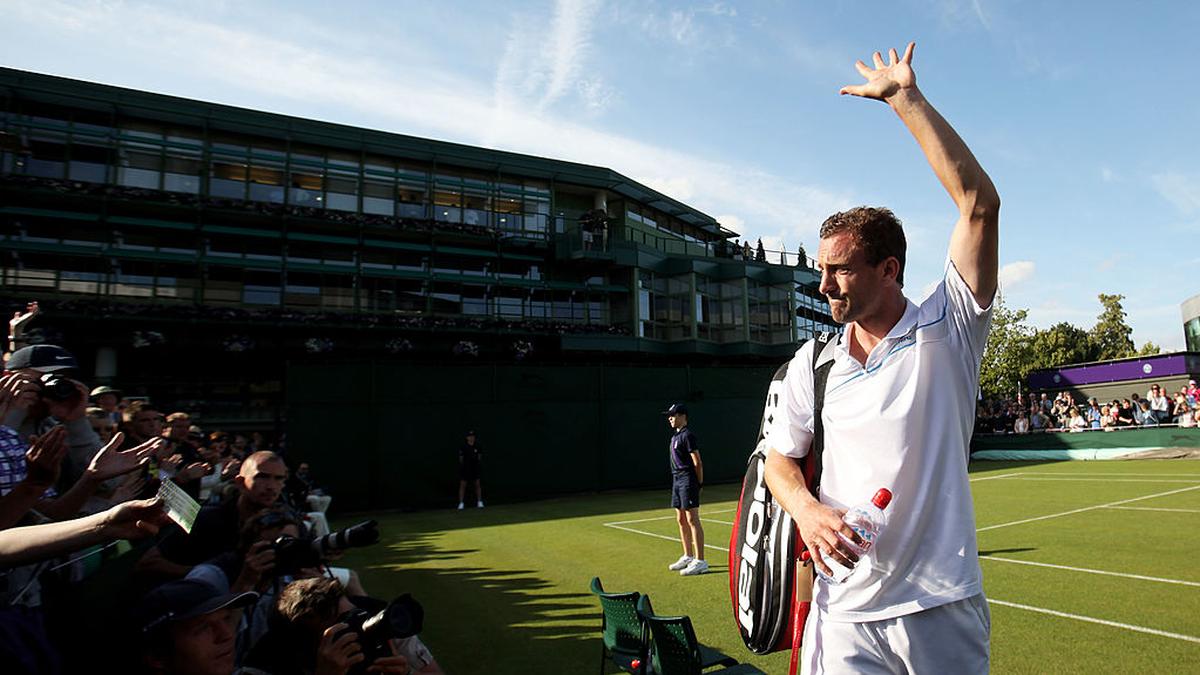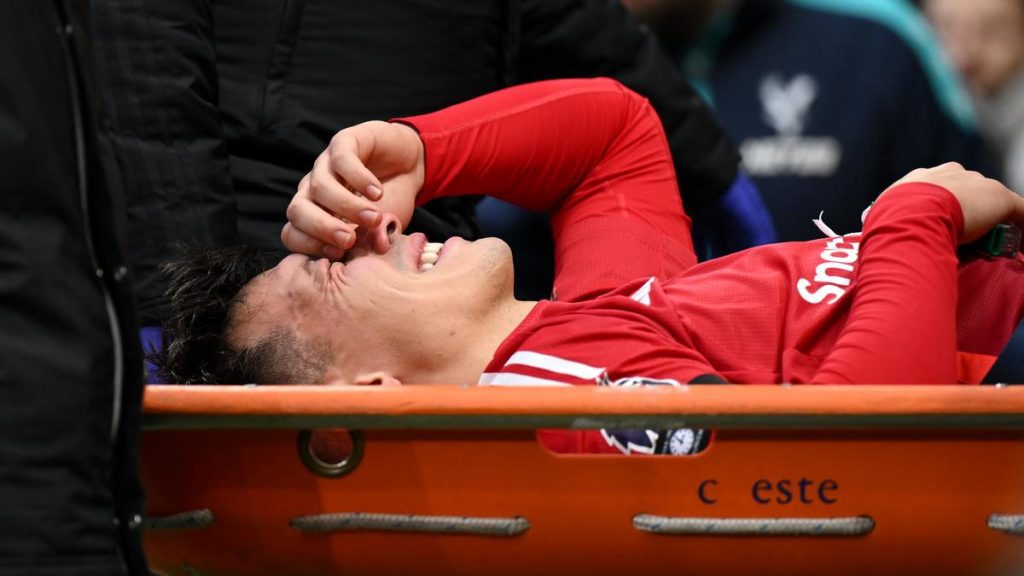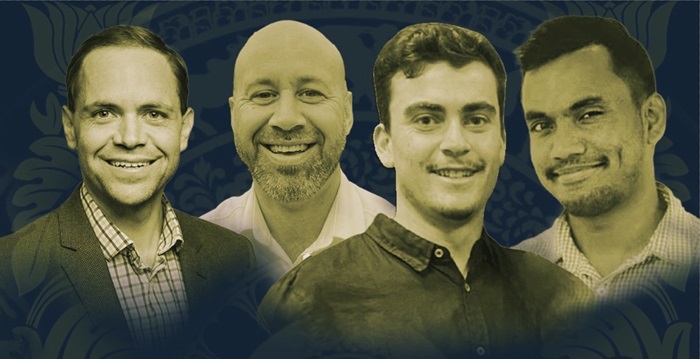Writing without rancour


Writing without rancour
History may be written by the victors; so too are books on sport, reflecting the triumphalism associated with it. Occasionally you get an Andre Agassi writing about how much he hated the sport that made him rich and famous, or a journalist digging deeper to give us an insight into its corruption and abuse.
Seldom do we get a tennis insider’s view on how it all looks if you are not a (Roger) Federer, Rafa (Nadal) or (Novak) Djokovic, each earning millions of dollars a year and travelling with an entourage comparable to a marriage party in India.
What if everything is not taken care of for you, from the personal to the professional? What if you have to scrounge and save and travel (arranging visas and hotels on your own) across too many forgettable cities and too many forgettable tournaments, with loneliness as your companion?
“Your ranking decides your social status. The guy ranked No. 90 won’t get as warm a handshake as the guy ranked No. 20,” says Ireland’s Davis Cup captain Conor Niland in The Racket: On Tour with Tennis’s Golden Generation — and the Other 99%. Written with honesty and humour, it is remarkable for its lack of bitterness or bile.
Niland sets the scene: “There are three tiers in the hierarchy of men’s professional tennis. The ATP Tour is the preserve of the top 100 players. The Challenger Tour is populated mainly by players ranked between 100 and 300. Below that is the Futures tour (now the ITF World Tennis Tour), tennis’s vast netherworld of more than 2,000 true prospects and hopeless dreamers…. it is a liminal space that exists only to be got out of as quickly as possible.”
Niland won three Challenger Tournaments and achieved his life’s ambition of qualifying for Wimbledon — at the age of 29. He qualified for the U.S. Open too, but food poisoning meant he couldn’t complete his match against Djokovic.
A year later, realising his hip injury might require surgery and a long rest, and he would have to start at the bottom again, he quit. “I would retire as a professional,” he writes, “without so much as making eye contact with Federer on tour, never mind playing against him.”
He might have achieved both had he managed to cling on to his 4-1 lead in the decider against a French player at Wimbledon, but he choked. The Guardian called it “a miniature epic of a match.” He was ranked 181 and would have met Federer next (his description of that match is a report from the inside that no reporter has access to).
“Spend long enough outside the Top 10, among the sport’s obscurities,” he writes, “and you could lose the ability to dream. Life becomes about making ends meet.”
Niland retained his dream and his ability to see the funny side of things through it all. The Racket — pun intended, one supposes — doesn’t ignore drugs and alcohol or players tanking matches, and the establishment’s throwing money and services at the top end when it is the bottom that needs all the money and encouragement. All written without rancour.










